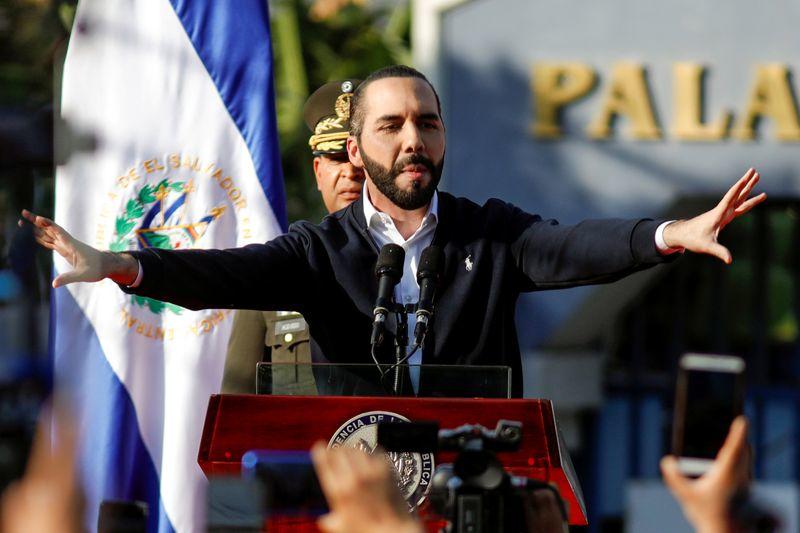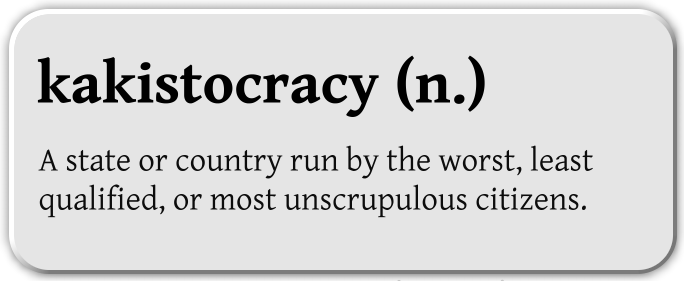PG&E Union Warns Bernie Sanders Against ‘Bird-Brained’ State Takeover
WE HAD THIS IN CANADA WITH THE PWU, POWER WORKERS UNION OF ONTARIO HYDRO NUCLEAR PLANTS, FORMERLY A CUPE LOCAL DECLARED INDEPENDENCE WHEN BRUCE POWER WAS PRIVATIZED
THESE ARE SOME OF THE HIGHEST PAID WORKERS IN CALIFORNIA IBEW IS A TRADES UNION OFTEN IN THE BOSSES POCKET FOR WORK
Mark Chediak, Bloomberg•February 18, 2020
(Bloomberg) -- PG&E Corp.’s biggest union is pushing back against Bernie Sanders’ criticism of the embattled California power company, claiming the senator and presidential candidate supports a $100 billion state takeover of the utility.
The campaign by the International Brotherhood of Electrical Workers Local 1245 follows a new Sanders ad in California last week that blasted PG&E for sparking the deadly wildfires that pushed it into bankruptcy last year.
Sanders’ video, which comes as the state gears up for its March 3 primary, includes comments from fire victims and local activists who suggest that PG&E customers would be better served if the utility was in public hands. An online petition funded by his campaign also calls for a public takeover of the utility.
In local newspaper ads slated to run Tuesday, the union describes a state seizure of PG&E a “bird-brained idea” that would lead to higher energy rates and wouldn’t guarantee that PG&E operates in a safer manner
“Senator Sanders, you are just plain wrong on this,” Tom Dalzell, business manager for the union, says in a video ad posted Tuesday. “Publicly-owned utilities are capable of greatness. But they are also capable of bad management and bad luck, just the same as investor-owned utilities.”
IBEW Local 1245, which represents 12,000 PG&E workers, says in its video that a public takeover would threaten union pensions, be expensive for the state and expose it to future wildfire liabilities. The union estimates that turning PG&E into a government-run utility would cost $100 billion.
No Magic Words
Sanders’ campaign shot back, saying “greed and corruption” at PG&E have led to the neglect of California’s power grid.
“We cannot keep letting corporate profits stand in the way of safety and action on climate change,” Josh Orton, Sanders’ National Policy Director, said in a statement. “Bernie has a plan to transition to renewable energy and create millions of good-paying union jobs.”
The IBEW local, which also represents members of government-owned power companies in Northern California, has been vocal in its opposition to public ownership of PG&E. Some of its members staged a protest recently in San Francisco when a state lawmaker introduced of a bill that would turn PG&E into a government-run utility. The union has also opposed a move by San Francisco to buy out PG&E’s power network within the city.
“This isn’t Cinderella,” Dalzell says in the video. “There are no magic words that would change the fact that PG&E operates in high fire-risk areas at a time of serious climate change.”
(Disclaimer: Michael Bloomberg is seeking the Democratic presidential nomination. He is the founder and majority owner of Bloomberg LP, the parent company of Bloomberg News).
(Bloomberg) -- PG&E Corp.’s biggest union is pushing back against Bernie Sanders’ criticism of the embattled California power company, claiming the senator and presidential candidate supports a $100 billion state takeover of the utility.
The campaign by the International Brotherhood of Electrical Workers Local 1245 follows a new Sanders ad in California last week that blasted PG&E for sparking the deadly wildfires that pushed it into bankruptcy last year.
Sanders’ video, which comes as the state gears up for its March 3 primary, includes comments from fire victims and local activists who suggest that PG&E customers would be better served if the utility was in public hands. An online petition funded by his campaign also calls for a public takeover of the utility.
In local newspaper ads slated to run Tuesday, the union describes a state seizure of PG&E a “bird-brained idea” that would lead to higher energy rates and wouldn’t guarantee that PG&E operates in a safer manner
“Senator Sanders, you are just plain wrong on this,” Tom Dalzell, business manager for the union, says in a video ad posted Tuesday. “Publicly-owned utilities are capable of greatness. But they are also capable of bad management and bad luck, just the same as investor-owned utilities.”
IBEW Local 1245, which represents 12,000 PG&E workers, says in its video that a public takeover would threaten union pensions, be expensive for the state and expose it to future wildfire liabilities. The union estimates that turning PG&E into a government-run utility would cost $100 billion.
No Magic Words
Sanders’ campaign shot back, saying “greed and corruption” at PG&E have led to the neglect of California’s power grid.
“We cannot keep letting corporate profits stand in the way of safety and action on climate change,” Josh Orton, Sanders’ National Policy Director, said in a statement. “Bernie has a plan to transition to renewable energy and create millions of good-paying union jobs.”
The IBEW local, which also represents members of government-owned power companies in Northern California, has been vocal in its opposition to public ownership of PG&E. Some of its members staged a protest recently in San Francisco when a state lawmaker introduced of a bill that would turn PG&E into a government-run utility. The union has also opposed a move by San Francisco to buy out PG&E’s power network within the city.
“This isn’t Cinderella,” Dalzell says in the video. “There are no magic words that would change the fact that PG&E operates in high fire-risk areas at a time of serious climate change.”
(Disclaimer: Michael Bloomberg is seeking the Democratic presidential nomination. He is the founder and majority owner of Bloomberg LP, the parent company of Bloomberg News).







 A photo of Google's Dublin headquarters in 2013.
A photo of Google's Dublin headquarters in 2013.





